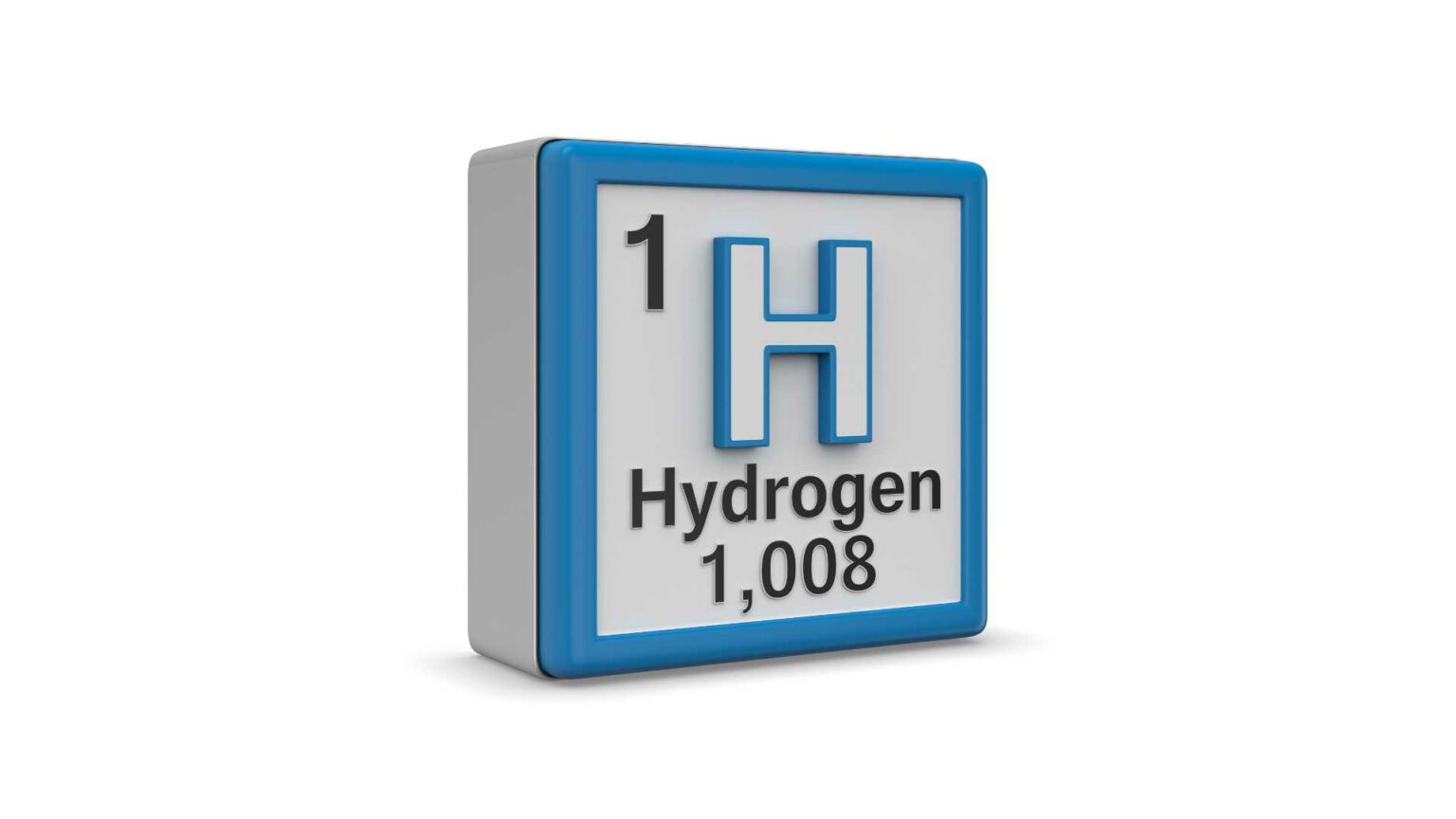The US Department of Energy’s (DOE) Argonne National Laboratory is part of a consortium aiming to enhance the manufacturing process of fuel cells and electrolyzers.
The focus will be on making these technologies more efficient, durable, and cost-effective. The consortium is funding by DOE’s Hydrogen and Fuel Cell Technologies Office with support from two provisions of the Bipartisan Infrastructure Law.
The key objective of the consortium is to stimulate clean hydrogen manufacturing technologies to fulfill commercial-scale requirements, mainly to motivate the industry to adopt clean hydrogen technologies. Jessica Durham Macholz, an Argonne principal materials scientist, stated that Argonne works with Oak Ridge National Laboratory to create and reduce the risk of scalable technologies for synthesizing fuel cell and electrolyzer catalyst materials.
The consortium is led by DOE’s National Renewable Energy Laboratory (NREL), including other DOE laboratories such as Oak Ridge National Laboratory (ORNL), Lawrence Berkeley National Laboratory (LBNL), and Sandia National Laboratories (SNL). They each focus on particular research areas and collaborate within the consortium to achieve overall objectives.
R2R or “Roll-to-Roll” is a method that enhances the speed and efficiency of the manufacturing process while reducing downtime and waste, hence slashing costs. However, the consortium will address the challenges of optimizing multifaceted procedures by investigating correlations between processing steps and parameters.
Argonne will lead the catalyst materials synthesis scale-up within the R2R Consortium. They will use expertise in scaling up developed for lithium-ion battery materials synthesis.
Argonne’s participation extends to working with LBNL to characterize ink and coating by leveraging their Advanced Photon Source (APS), a leading high-energy X-ray light source facility. Also, the consortium will have Argonne collaborate with NREL and SNL on ink formulation, coating, and metrology development. They will also use Artificial Intelligence-assisted optimization processes to facilitate intelligent fuel cell and electrolyzer manufacturing.
